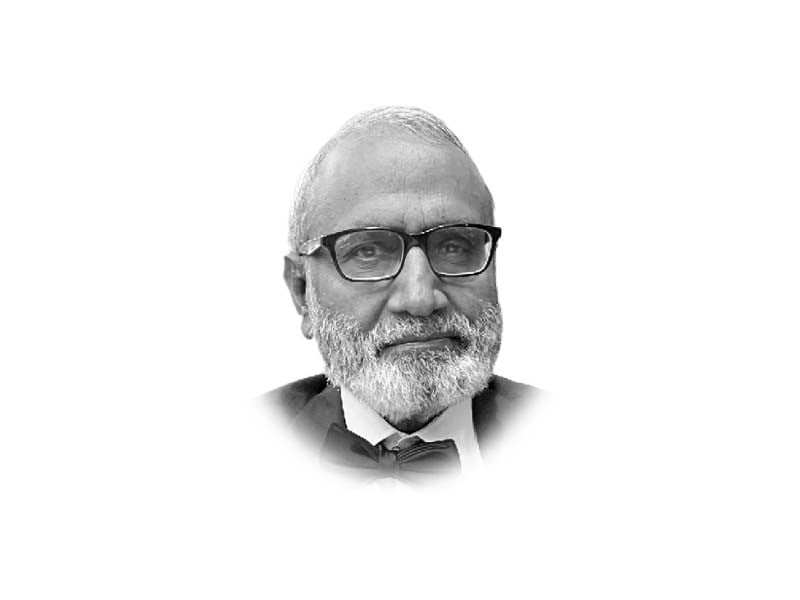
A simple lesson from successful economies is that the potential foreign investor follows the domestic investor. Ignoring this lesson has made Pakistan a graveyard of investors. At a time when the leadership of the civil-military complex was promising to create and sustain a climate to win back the confidence of foreign investors through a single and power-backed window of Special Investment Facilitation Council (SIFC), some elements of the political class were out to scare away the domestic investor. Investment in machinery and capacity expansion by private sector in large scale manufacturing, the so-called fixed investment, is a major driver of economic growth. This investment has been declining for many years, but its growth became negative in FY20, the year of the pandemic. An autonomous State Bank, under the watchful eye of the IMF, initiated the Temporary Economic Refinance Facility (TERF) for one year. In FY21, together with the ongoing Long Term Financing Facility (LTFF), the initiative led to a growth of over 10% in fixed investment, 11.5% growth in value added and 22.9% in textile exports. Other users included sugar mills, chemical industries, automobiles and telecommunication companies. The government of the day had nothing to do with the schemes. Private commercial banks did their own due diligence in extending the loans. Neither the then opposition, nor the media raised any issues at that time.
After the change of government, only TERF came under attack. it was our very own Miftah Ismail who, as finance minister, threw the first salvo while addressing students at IBA, Karachi, in September last year. He was critical of its lopsided distribution. In April this year, the Public Accounts Committee (PAC) turned the charge into a scandal worth probing. Its chair went to the extent of describing the scheme as “loot and plunder”. An investigation was ordered. The State Bank was directed to name the beneficiaries and the FIA was asked to submit a report to shame them. The pleas of TERF being a good scheme were countered by the chair’s simplistic wonderment as to why then “the size of our begging bowl got bigger”. He wanted to know about the law under which the State Bank operationalised the scheme! Defence Division was also to be represented in the inquiry. Involvement of NAB, widely known as the major obstacle in the business of the state as well as the private sector and, therefore, a fit case for outright abolition in the view of a former prime minister, was also on the cards.
It is not just that government parties and the opposition parties cannot reach an agreement on the basic issues facing the economy. There is also a compulsive naysaying tendency about whatever economic measures were taken by the “other”. The LTFF was spared and TERF was selected. Instead of appreciating an orthodox central bank acting quickly and innovatively in response to a crisis that had rattled the world, an offensive discourse of corruption, favouritism, nepotism, cronyism was launched long after the event. Some critics ask, rightly, why only the big fish? Why not SMEs? Well, it was an extraordinary measure in extraordinary times. Only the big business had the capacity for timely response. Decades of neglect of SMEs could not be corrected in one abnormal year.
With an environment like this, even the best of the initiatives to attract foreign direct investment would be non-starters. Fortunately, better sense prevailed in the last meeting of the PAC and the matter was disposed of. Or was it forced on it, as the logic of setting up SIFC suggests?
Published in The Express Tribune, July 14th, 2023.
Like Opinion & Editorial on Facebook, follow @ETOpEd on Twitter to receive all updates on all our daily pieces.








1729685382-0/Untitled-design-(57)1729685382-0-270x192.webp)




COMMENTS
Comments are moderated and generally will be posted if they are on-topic and not abusive.
For more information, please see our Comments FAQ